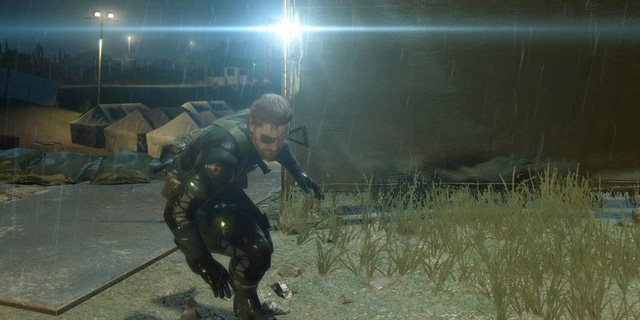
One of the grandfathers of stealth, Metal Gear Solid, has seen a lot of changes over the years. You can almost track the slow evolution of the genre with each iteration, going from traditional stealth with the original title to a more streamlined, varied approach with Metal Gear Solid 4. The prologue to the upcoming Metal Gear Solid V: The Phantom Pain, titled Ground Zeroes, pushes the series even more away from its roots, making it the most modern adaptation of the classic formula.
READ MORE
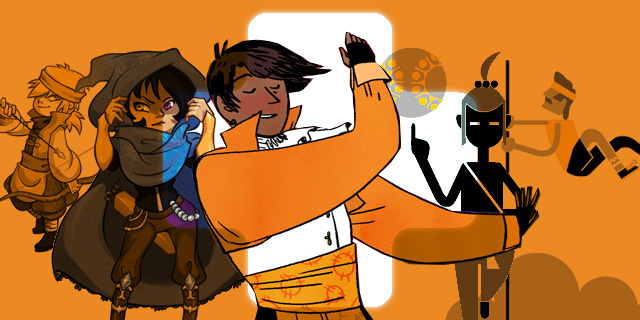
My very first New Game+ column was all about the “death” of local multiplayer. No, it never actually died, but with the start of the last console generation it seemed to be steadily disappearing. Online multiplayer continued to get bigger and more popular as the generation went on, with only a select handful of the best actually supporting local play. Luckily for us, those who love playing games locally with some buddies, we have seen a resurgence of titles that support (or exclusively focus on) local multiplayer in the past couple of years.
READ MORE
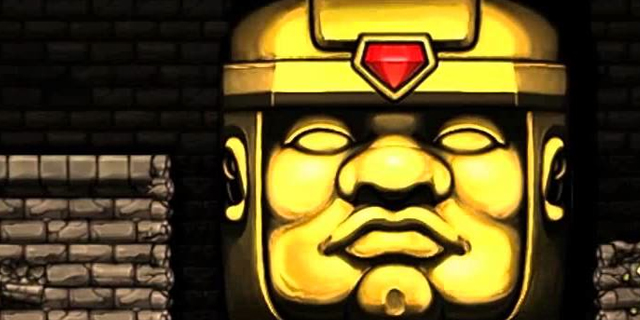
When I made it to the temple for the first time, I had to take a break, knowing all too well that I wasn’t prepared for what I was about to face. I then took a deep breath, unpaused and died almost immediately. It took me a while to get back to the temple, and almost every time I did, it became my final stopping point due to a sudden, avoidable death. Thought the ice caves were too easy? Don’t get complacent. This is Spelunky, after all.
READ MORE
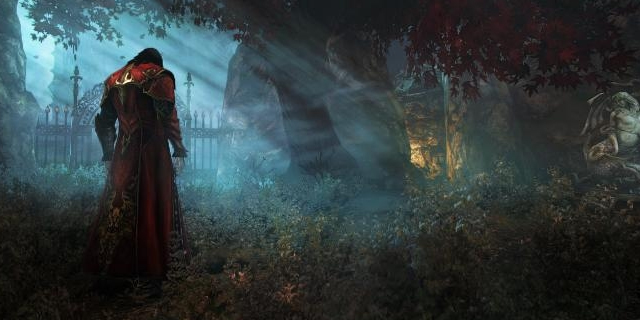
The original Castlevania: Lords of Shadow was a reinvention of the Castlevania formula and story, focusing on the very first Belmont, Gabriel, and his quest to resurrect his wife. It was a surprisingly fantastic game, managing to evolve the Castlevania series in a compelling way while also telling a worthwhile story. Lords of Shadow 2 sets out to complete Gabriel’s story and expand the original game’s formula, and does so with impressive results.
READ MORE
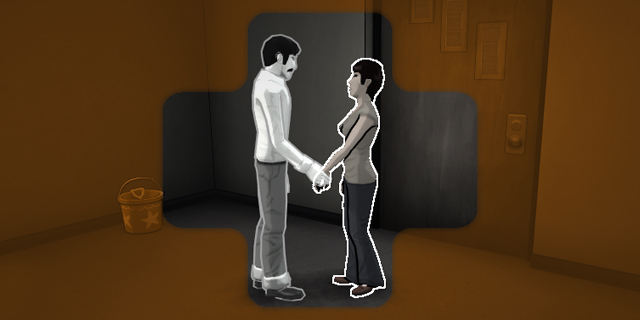
How often do you play games that are considered realistic? Does that word even apply to anything you regularly play, or is it something you merely see when people discuss games designed to capture one (or many) aspects of reality? I rarely see myself approaching games for any sort of realism, often leading to the suspension of disbelief. Sometimes it’s easy; after all, nobody plays Super Mario Bros. expecting anything even remotely resembling realism. Sometimes, however, stories being told in games resemble the reality which we inhabit, for better or worse. READ MORE
























